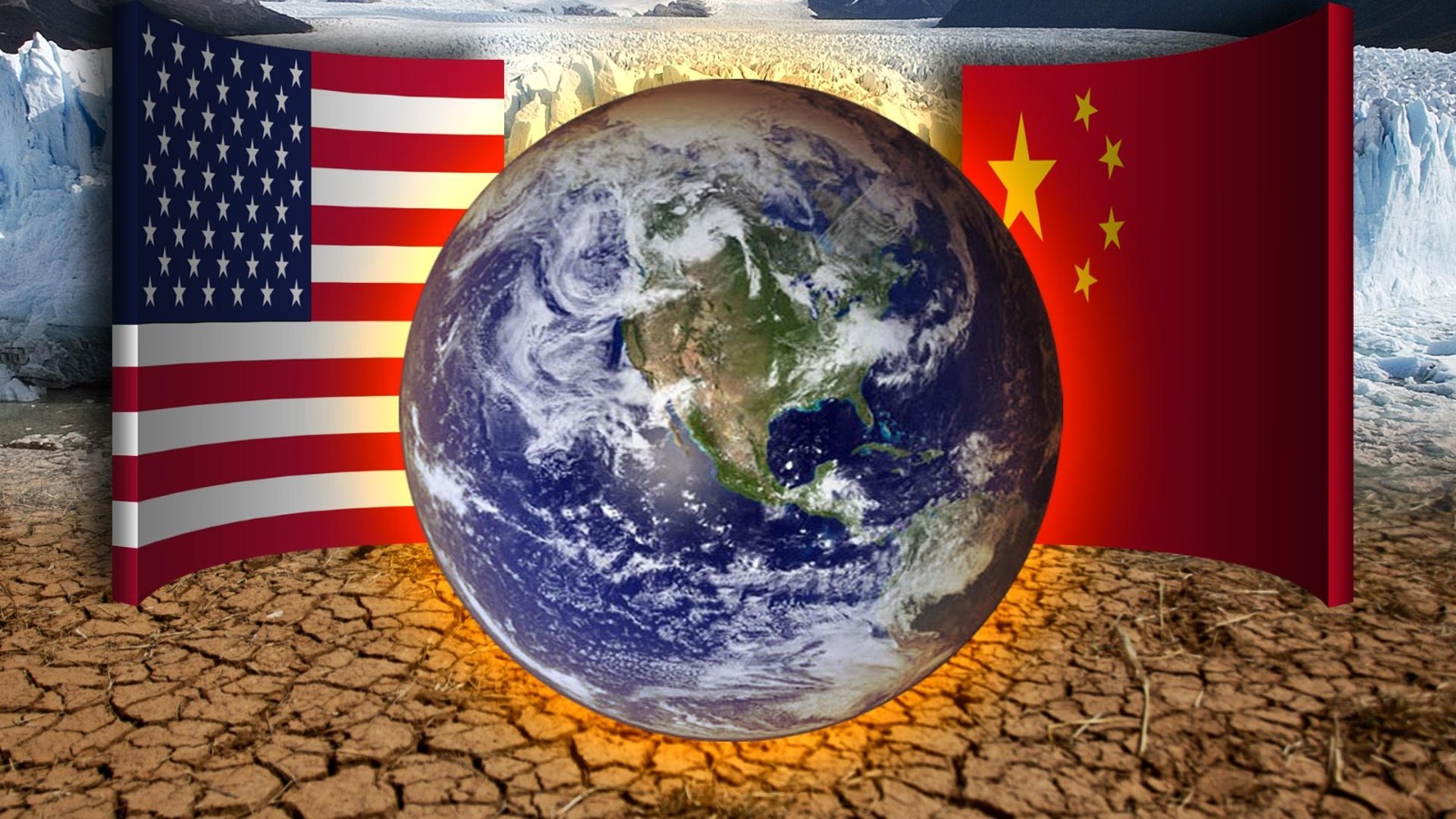At the 78th session of the United Nations General Assembly, Chinese Vice President Han Zheng reaffirmed the importance of continued climate discussions between China and the United States. Amidst the backdrop of the global climate crisis, Han underscored the significance of these ongoing talks not only for the two nations but also for the entire world. In a meeting with U.S. Special Presidential Envoy for Climate, John Kerry, in New York, both sides expressed their commitment to strengthening cooperation in climate governance. This momentous development is seen as a beacon of hope in the fight against climate change.
China’s Unwavering Commitment
China, often criticized for its environmental footprint, has made significant strides in combating climate change. Han Zheng emphasized China’s dedication to being a proactive player in this global challenge. He highlighted the nation’s achievements, such as surpassing its 2020 carbon emission target ahead of schedule. Moreover, he expressed China’s continued resolve in achieving the “double carbon” target and fulfilling its commitments under the Paris Agreement. This demonstrates China’s transformation into a nation committed to green and low-carbon energy solutions, which will have far-reaching implications for the planet’s future.
Ambitious Targets Set by China
China’s commitment to climate action extends beyond its borders and deep into the future. Han Zheng proudly announced China’s ambitious targets of peaking carbon dioxide emissions before 2030 and achieving carbon neutrality before 2060. These groundbreaking goals are poised to significantly reshape the global climate landscape. With China being the world’s largest emitter of greenhouse gases, these commitments signify a giant stride towards a sustainable and greener future for all. The Chinese government’s determination to lead by example is a testament to its dedication to humanity’s development and environmental stewardship.
U.S. Echoes the Call for Collaboration
John Kerry, the U.S. Special Presidential Envoy for Climate, reciprocated the sentiment of cooperation and collaboration with China. He acknowledged China’s remarkable efforts in addressing climate change and expressed appreciation for the nation’s accomplishments thus far. Kerry’s willingness to engage in dialogue and partnership with China on climate change marks a significant shift in international climate politics. The United States, with its rich history of innovation, technology, and resources, is poised to join hands with China in shaping a sustainable future for the planet.
In conclusion, the meeting between Chinese Vice President Han Zheng and U.S. Special Presidential Envoy for Climate John Kerry serves as a beacon of hope in the fight against climate change. China’s unwavering commitment, ambitious targets, and proactive approach to green energy transition, coupled with the United States’ renewed enthusiasm for cooperation, offer a glimmer of optimism in the otherwise daunting battle against climate change.
















